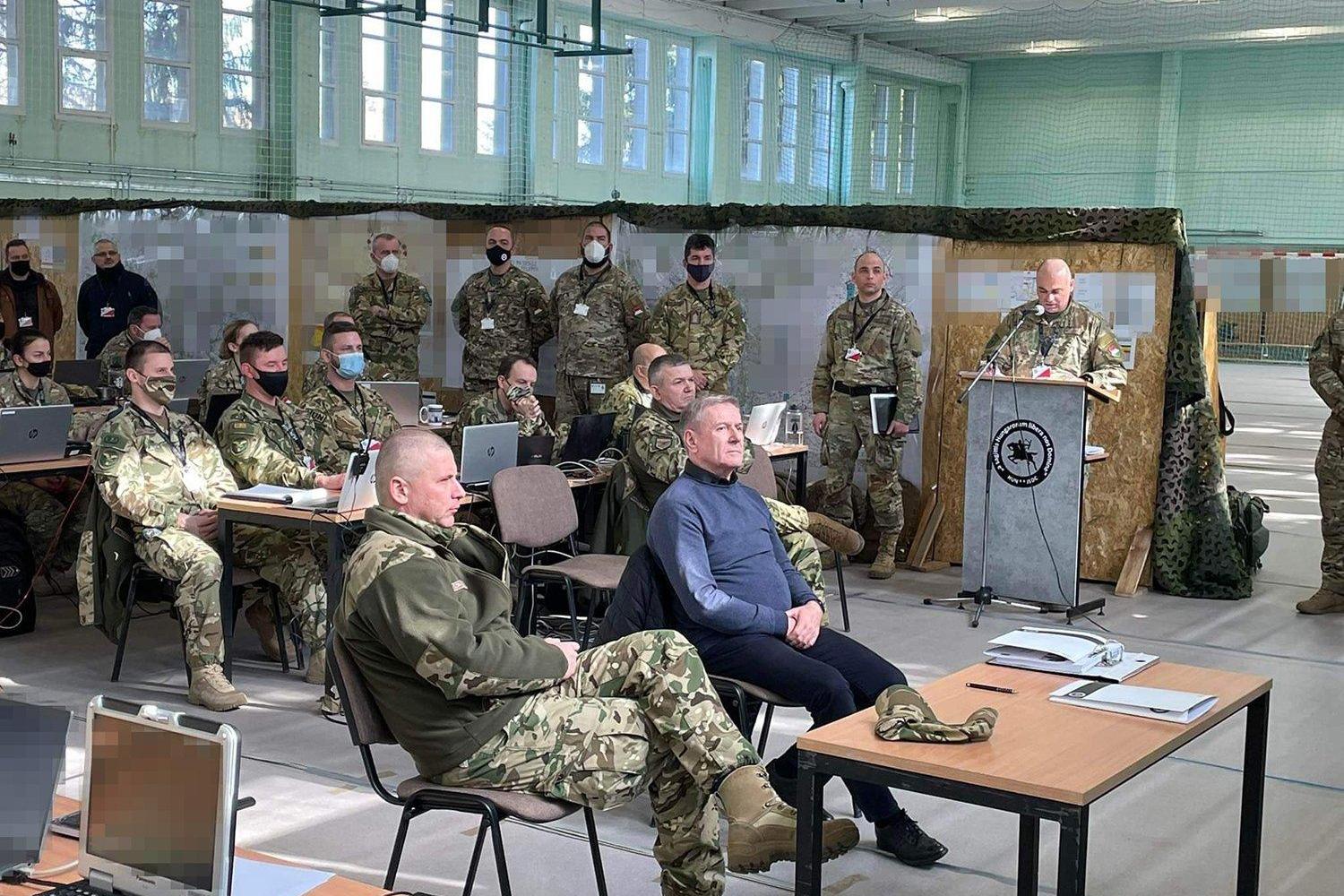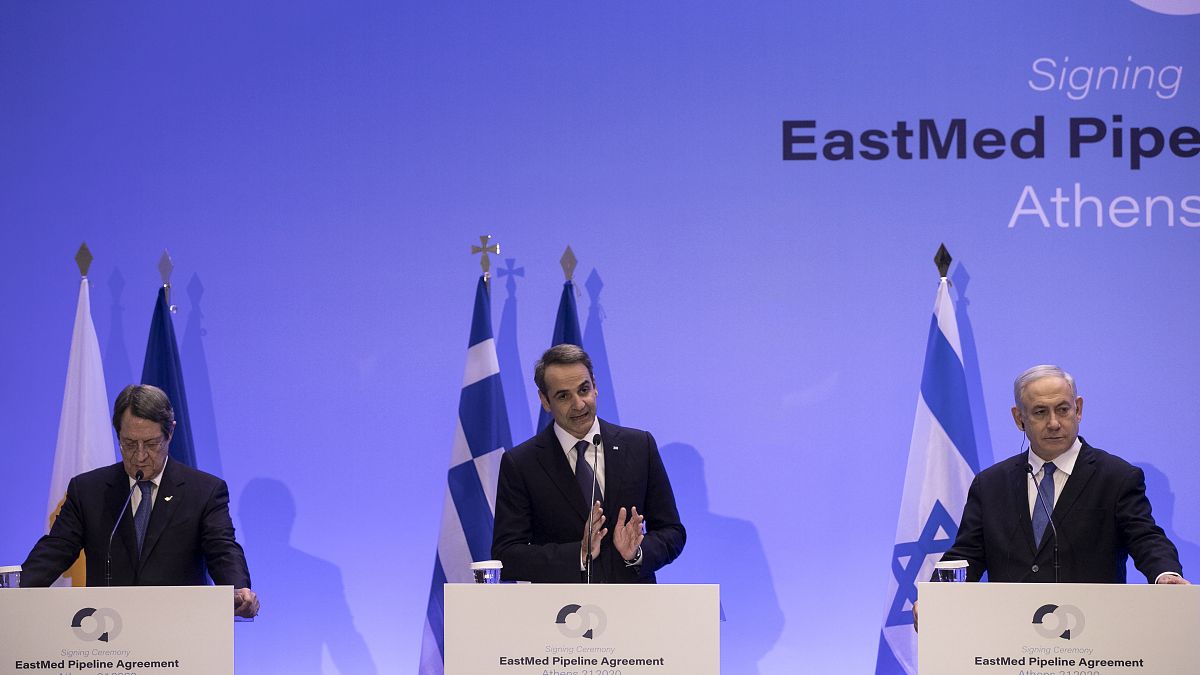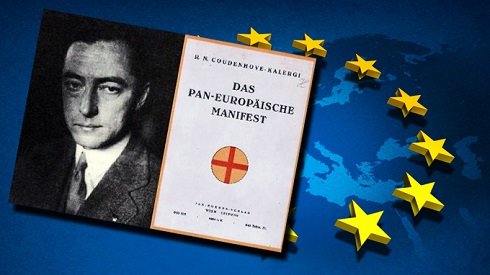"Back to the past. In 2017, the governments of Italy, Greece, Cyprus and Israel signed a
declaration to confirm their support for the development of the East Mediterranean Pipeline (EastMed), a $6.7 billion, 1,900-km natural gas pipeline project to connect the gas reserves of Israel and Cyprus to Greece and onward to Europe. The pipeline would have an initial capacity to transport 10 billion cubic meters per year (bcm/y) of gas to Greece, Italy and other southeast European countries. The capacity would then be increased to a maximum of 20 bcm/y in the second phase*. The project was confirmed as a "Project of Common Interest" (PCI) by the European governments.
The EastMed pipeline project was designed to improve Europe's energy security by diversifying its routes and sources and providing direct interconnection to the production fields while reducing dependence on Russian gas supplies. It would provide an opportunity for European Union member state Cyprus to connect to the European gas network, which would further enhance gas trading in southeast Europe.
Turkey, after a punishing international isolation following several diplomatic crises with Israel, threatened militarily to challenge EastMed. In contrast, other countries in the region such as Egypt, Jordan, Lebanon and the Gulf states supported what later became the EastMed group, also favored by the EU and United States. So far so good. But wait.
As the past several years saw the East Mediterranean turning into a slow-fuse time bomb sitting over rich hydrocarbons that are claimed questionably by Turkey as a stand-alone regional force, versus an alliance of Greece, Cyprus and Israel, U.S. President Joe Biden stepped in with a historic strategic miscalculation that came with a strategic cost: appeasing NATO's pro-Putin, part-time ally Turkey and jeopardizing Europe's energy security.
Only a few weeks before Russia invaded Ukraine in February, Biden surprised the EastMed partners by abruptly withdrawing U.S. support for the pipeline, thereby effectively killing the project, preventing a diversified energy supply to Europe, and further assuring Putin's energy blackmail against Europe.
The White House said the $6.7 billion project was antithetical to its "climate goals."
ZeroHedge - On a long enough timeline, the survival rate for everyone drops to zero

www.zerohedge.com
A kiragadott részhez annyit mindenképpen érdemes hozzáfűzni, hogy se a 10, se a 20 milliárd köbméter nem jelentene teljes megoldást, de mindenképpen javítana a jelenlegi helyzeten (főleg dél-kelet Európában), persze ha feltételezzük azt, hogy valamilyen okból nem jönne ennyivel kevesebb gáz a Testvériség vezetéken (az olaszok ebből is kapnak). Mindenesetre sokatmondó, hogy nem sokkal a háború előtt hátráltak ki belőle az amcsik...
2020-ban írták alá a megállapodást:
Törökországnak nem osztottak lapot az izraeli, görög és ciprusi megállapodásban, így az egész ügylet létét veszélyeztetheti.

hu.euronews.com
2022 január:
Az EastMed vezeték évente 9-12 milliárd köbméter földgázt - Európa ellátásának mintegy 10 százalékát – lett volna képes szállítani.

neokohn.hu
Szerk.: Most látom, hogy mit ír a neokhon-os cikk alá. 2021-ben
552 milliárd köbméter gázt fogyasztott európa. Mindegy. A cikket benthagyom, egy még rövidebb portfolio-s van ehelyett.














